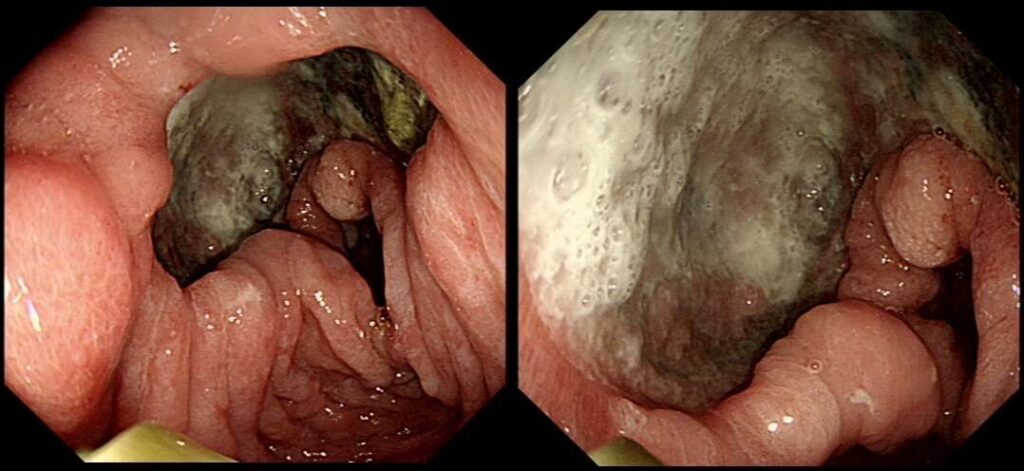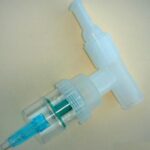Gastric ulcers are open sores in the stomach lining caused by an imbalance between digestive acids and the protective mucosal barrier. While initial treatment focuses on healing, maintenance therapy is crucial to prevent recurrence and complications such as perforation or bleeding. This article provides an in-depth guide on maintaining a healed gastric ulcer through medication, dietary modifications, and lifestyle changes.

Understanding Gastric Ulcers and Their Healing Process
Gastric ulcers, a type of peptic ulcer, result from the erosion of the stomach lining due to excessive acid production, Helicobacter pylori (H. pylori) infection, or prolonged use of nonsteroidal anti-inflammatory drugs (NSAIDs). Healing requires reducing acid exposure and repairing the mucosal barrier through medical and dietary interventions.
Long-Term Medication for Gastric Ulcer Maintenance
1. Proton Pump Inhibitors (PPIs)
PPIs such as omeprazole, pantoprazole, and esomeprazole reduce stomach acid production and are the cornerstone of long-term ulcer maintenance.
Benefits:
- Prevents acid-related damage
- Promotes mucosal healing
- Reduces ulcer recurrence
2. H2-Receptor Antagonists (H2 Blockers)
Drugs like ranitidine and famotidine serve as alternatives to PPIs for reducing stomach acid production.
Indications:
- Patients with PPI intolerance
- Nighttime acid suppression
3. Eradication of H. pylori Infection
H. pylori eradication therapy consists of a combination of antibiotics (amoxicillin, clarithromycin) and PPIs to eliminate the bacterial infection responsible for most gastric ulcers.
Importance:
- Prevents ulcer recurrence
- Reduces risk of gastric cancer
4. Cytoprotective Agents
Medications such as sucralfate and misoprostol help protect the stomach lining by enhancing mucosal defense mechanisms.
Uses:
- NSAID-induced ulcers
- Severe gastric mucosal injury
Lifestyle Modifications for Ulcer Prevention
1. Dietary Changes
Recommended Foods:
- High-fiber foods (oats, legumes, vegetables)
- Probiotic-rich foods (yogurt, kefir)
- Lean proteins (chicken, fish)
Foods to Avoid:
- Spicy foods
- Caffeinated drinks
- Alcohol and smoking
2. Managing NSAID Use
For individuals requiring NSAIDs, switching to COX-2 inhibitors or combining NSAIDs with PPIs or misoprostol can reduce the risk of ulcer recurrence.
3. Stress Management
Chronic stress contributes to acid production. Techniques such as meditation, yoga, and regular exercise can aid in ulcer maintenance.
Monitoring and Follow-Up Care
Regular endoscopic evaluations and H. pylori testing are recommended for individuals at high risk of ulcer recurrence. Patients experiencing persistent symptoms should consult a gastroenterologist for further evaluation.
The maintenance of a healed gastric ulcer requires a comprehensive approach, including continued medication, dietary adjustments, and lifestyle modifications. Proper adherence to medical guidance ensures long-term healing and prevents complications.

